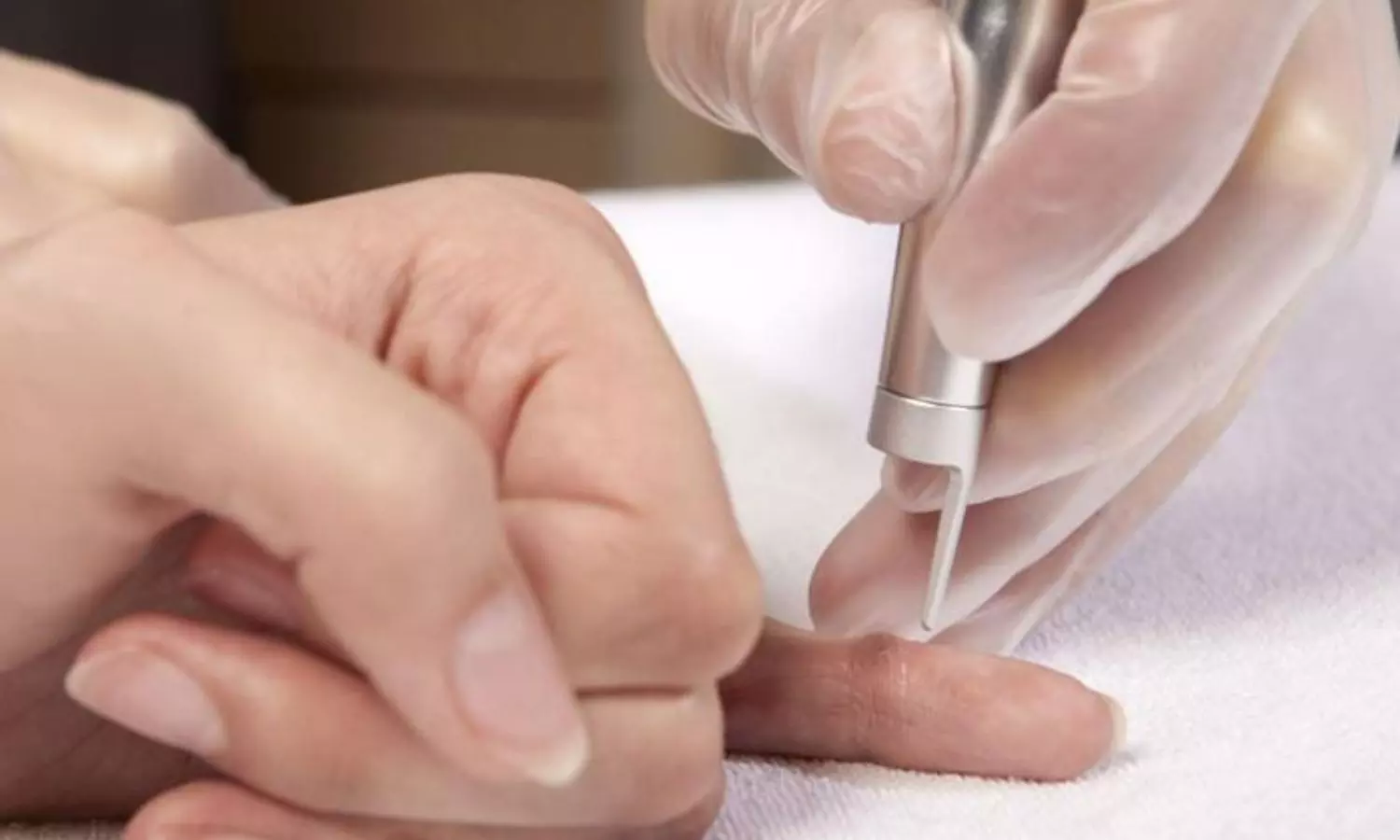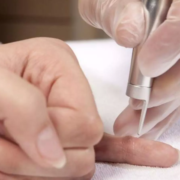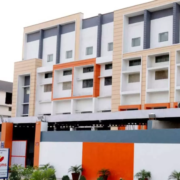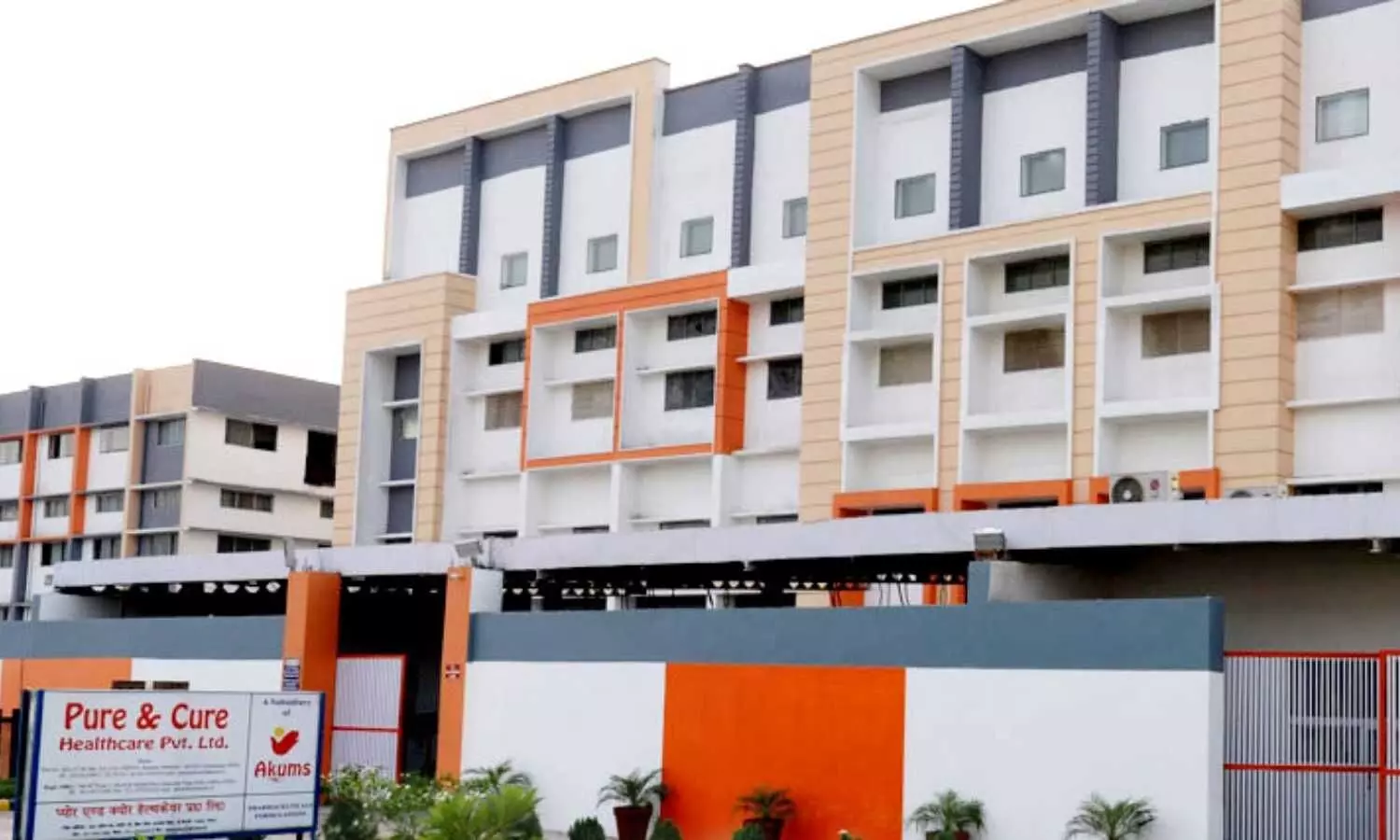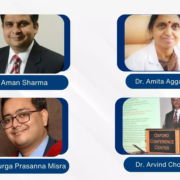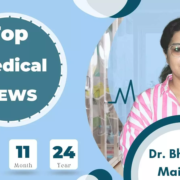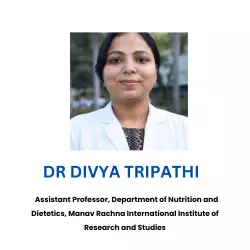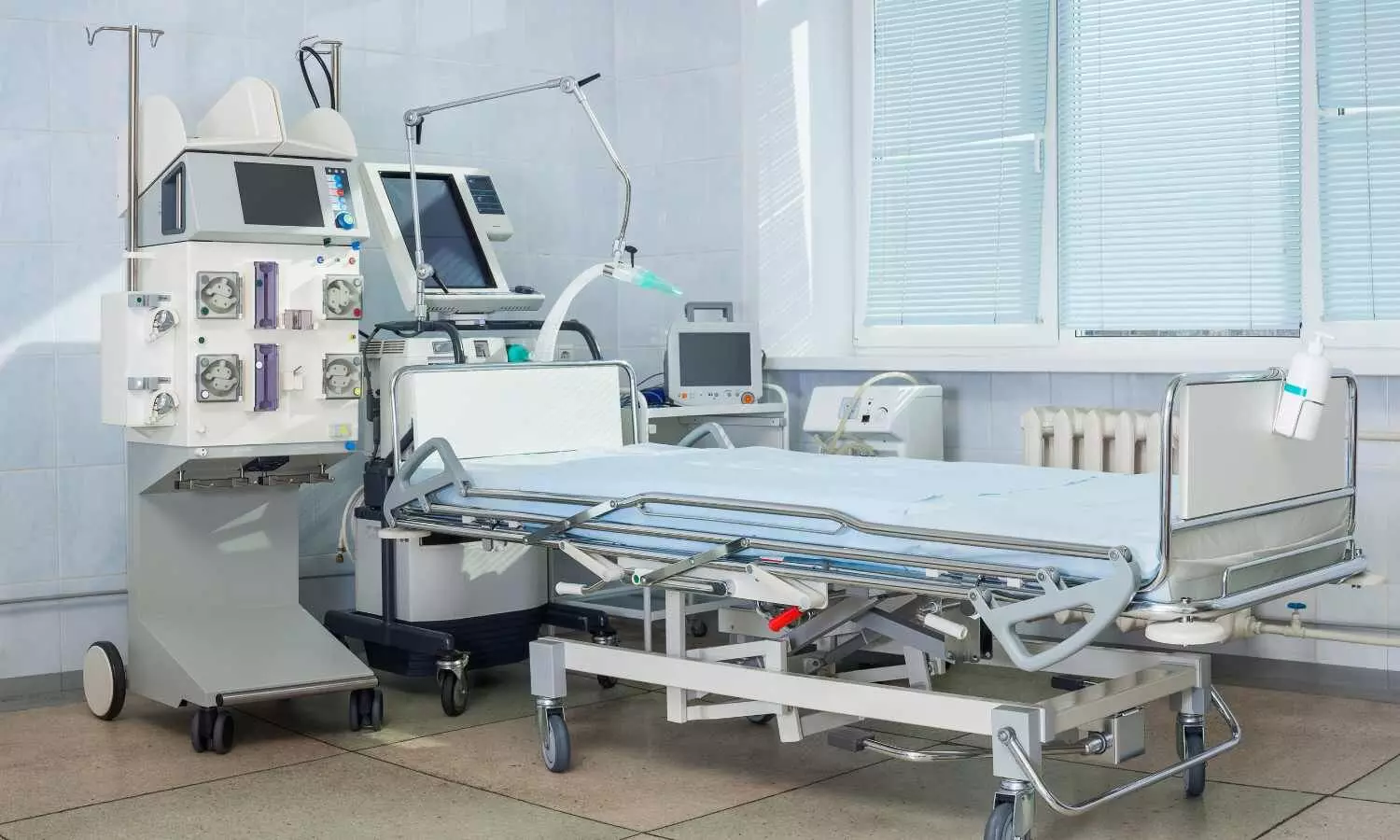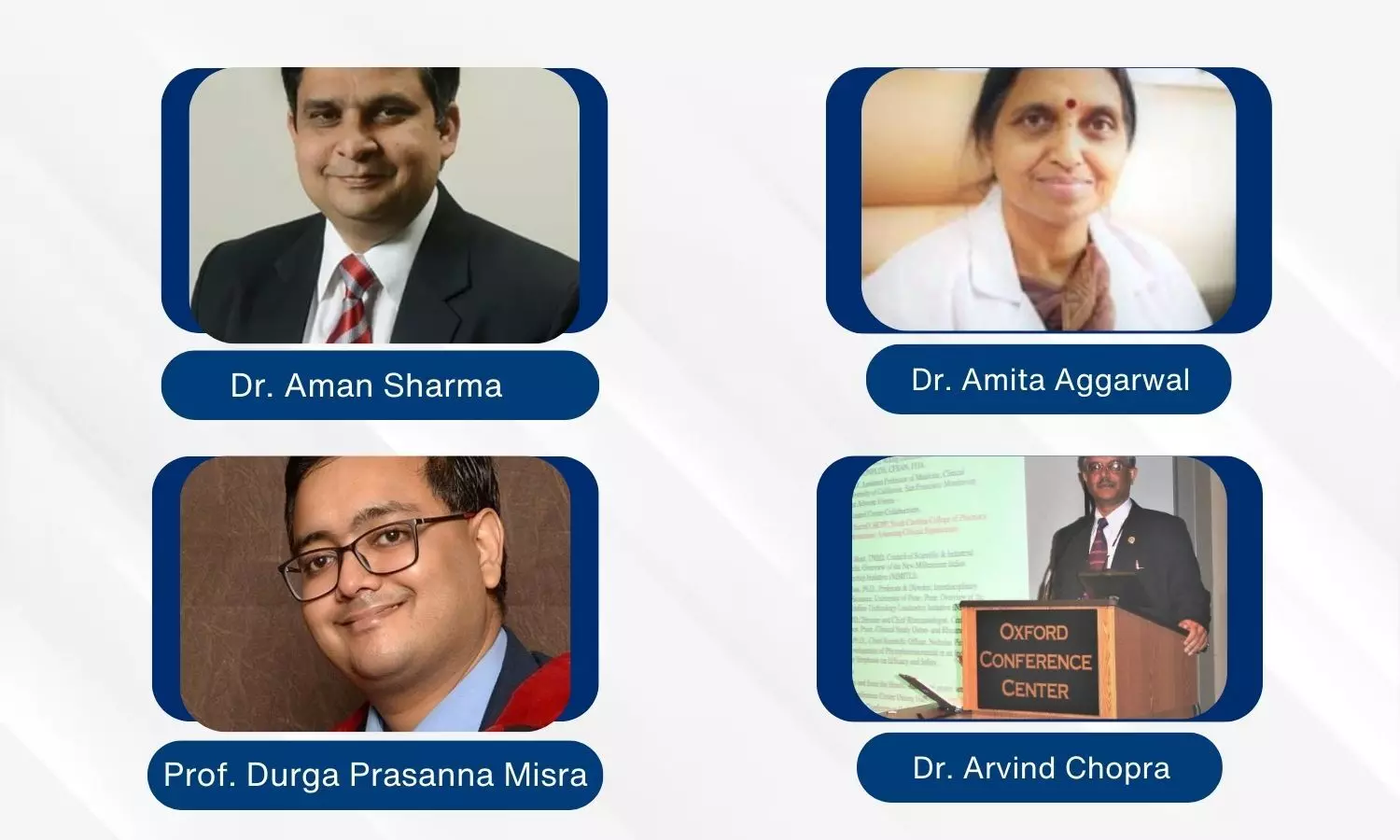
New Delhi: Altogether four renowned rheumatologists and scientists from various prestigious health and medical institutes across India have been recognised among the world’s top 2% of scientists in the prestigious database curated by Professor John P.A. Ioannidis of Stanford University, in collaboration with the Elsevier Data Repository. This honour acknowledges their pioneering research, clinical achievements, and consistent impact on the field.
The database of Stanford University for the year 2024 of top-cited scientists provides standardized information on citations, h-index, co-authorship adjusted hm-index, citations to papers in different authorship positions and a composite indicator (c-score). The selection is based on the top 100,000 scientists by c-score (with and without self-citations) or a 2% or above percentile rank in the sub-field.
The following are the details of the Indian rheumatologists and scientists included in Stanford University’s 2024 list:
Dr Arvind Chopra
Dr Arvind Chopra is a Director & Chief Rheumatologist of the Center for Rheumatic Diseases Pune. He is best known for the WHO ILAR COPCORD (Community-oriented programme for control of rheumatic diseases) population surveys and is skilled in Clinical Epidemiology, Public Speaking, Healthcare Management, Rheumatology & allied disciplines and Clinical Research.
Dr Arvind holds a rank of 1,08,356 in the list based on the composite score excluding self-citations, and 1,11,329 when all citations are included. By the end of 2023, his h-index, excluding self-citations, stands at 8, with a total of 334 citations for the year, also excluding self-citations.
Also read- 7 Indian Anesthesiologists, Scientists earn recognition in Standford University 2024 list of World’s Top 2% Scientists
Published 130 plus, several original research, Dr Chopra holds a post-graduation MD in internal medicine, a fellowship in medicine with Royal College Physicians London and a fellow with the American College of Rheumatology. A medical graduate and postgraduate from Armed Forces Medical College Pune. Strong premedical training from DAV Inter College, and Cambrian Hall School, Dehra Dun.
Recipient of Lifetime Achievement Award for outstanding contributions to Medicine and Society on ‘Vijaya Diwas’ (National Armed Forces Victory Day) by the Karad (District) Civic Administration, 25th Prof PK Devi Memorial Oration Award 2016 (instituted by Kasturba Health Society-Medical Research Centre), Mumbai, Excellence in Integrative Medicine Research Award among others.
Prof Durga Prasanna Misra
Dr Durga Prasanna Misra is a researcher and an Associate Professor at the Department of Clinical Immunology and Rheumatology at Sanjay Gandhi Postgraduate Institute of Medical Sciences. His areas of research interest include vasculitis (particularly Takayasu arteritis), endothelial biology and cardiovascular risk in rheumatic diseases, epidemiology of rheumatic diseases, as well as scientific writing and editing. He has received extramural research support from the Indian Rheumatology Association, the Asia Pacific League of Associations for Rheumatology and the Indian Council of Medical Research.
He completed his undergraduate medical training at Jawaharlal Institute of Postgraduate Medical Education and Research (JIPMER), Puducherry, where he was the recipient of numerous awards (9 institute medals/ prizes, including Dr. S. Lakshmanan Memorial Endowment Prize for Best Student of Pre-final year M.B.B.S Course and Dr. V. Murali Memorial Endowment Prize in Medicine) and secured distinction in 11 subjects. Subsequently, after completing postgraduate training in General Medicine at Sriram Chandra Bhanja (SCB) Medical College, Cuttack, and senior residency in Clinical Immunology and Rheumatology at AIIMS, New Delhi, he completed his DM in Clinical Immunology from SGPGIMS, Lucknow.
As per the list, Prof Durga holds a rank of 1,44,264 in the list based on the composite score excluding self-citations, and 75,797 when all citations are included. By the end of 2023, his h-index, excluding self-citations, stands at 9, with altogether 474 citations for 2023 (excluding self-citations).
He has published more than 150 papers in peer reviewed journals and more than 10 textbook chapters. He serves as an Associate Editor for Rheumatology International, Indian Journal of Rheumatology and the Journal of the Royal College of Physicians of Edinburgh. He has delivered invited lectures and conducted numerous workshops on scientificwriting, editing and publishing at the national as well as international stage. He is the recipient of numerous awards, including the Indian Rheumatology Association Young Rheumatologist Oration 2019, Best Peer reviewer from Rheumatology International, Journal of Korean Medical Science, and International Journal of Rheumatic Diseases, Publons Peer Review Award from 2017 to 2019, and Fellowship of the Royal College of Physicians of Edinburgh (FRCP Edin) in 2019.
Dr Amita Aggarwal
Dr Amita is a Professor and Head of Clinical Immunology and Rheumatology at the Sanjay Gandhi Postgraduate Institute, Lucknow, India. She has completed her medical education at All India Institute of Medical Sciences, New Delhi. She subsequently trained in Clinical Immunology & Rheumatology at SGPGI, Lucknow, Later, she trained at Royal Melbourne Hospital, Melbourne, Center’s for Disease Control, Atlanta, USA and Oklahoma University Hospital, Oklahoma, USA in Immunology & Rheumatology.
She is a clinician scientist, with major interest in Juvenile arthritis and SLE. She has set up a multi-institutional lupus network in India. In addition, she has taught a generation of physicians working in the field of rheumatology. In recognition of her work, she has been elected fellow of the Indian Academy of Science, the National Academy of Science as well as National Academy of Medical Sciences. She has also served as the President of the Indian Rheumatology Association as well as editor of the Indian Journal of Rheumatology.
As of the end of 2023, Dr Amita ranked 1,79,673 based on the composite score without self-citations, and 1,58,254 when including all citations. His h-index, excluding self-citations, reached 8, with 577 total citations in 2023, also excluding self-citations.
Dr Aman Sharma
Well known professor of Clinical Immunology and Rheumatology Services at the Department of Internal Medicine at Postgraduate Institute of Medical Education & Research, Chandigarh, Dr Aman has been working in the field of Rheumatology for more than two decades and has established himself as an international expert in the field of rare rheumatological diseases like Systemic Vasculitis and Relapsing Polychondritis.
He was invited to visit the NIH by Dr Peter Grayson, Director NIH Vasculitis program. Dr Aman was also invited to deliver the NIAMS (National Institute of Arthritis and Musculoskeletal and Skin Diseases), National Institute of Health USA Rheumatology Grand rounds on “Exciting world of vasculitis and Relapsing Polychondritis: care and clinical research’.
He is also the Editor in Chief of the Indian Journal of Rheumatology (the official, peer-reviewed publication of the Indian Rheumatology Association, and Associate Editor of International Journal of Rheumatic diseases(official journal of the Asia Pacific League of Associations for Rheumatology) and Frontier in Medicine(Rheumatology).
He is on the editorial board of various other international journals and served as peer reviews of various major international journals like NEJM, Lancet, Annals of Rheumatic diseases and Arthritis and Rheumatology etc. He is also the current Honorary Secretary of Indian Rheumatology Association. He was instrumental in starting the DM Clinical Immunology and Rheumatology Program at PGIMER, Chandigarh.
As per the list, Dr Aman holds a rank of 1,88,874 in the list based on the composite score excluding self-citations, and 1,43,918 when all citations are included. By the end of 2023, his h-index, excluding self-citations, stands at 12, with altogether 862 citations for 2023 (excluding self-citations).
Also read- 13 Gynaecologists, Scientists earn global recognition in Standford University 2024 list of World’s Top 2% Scientists
